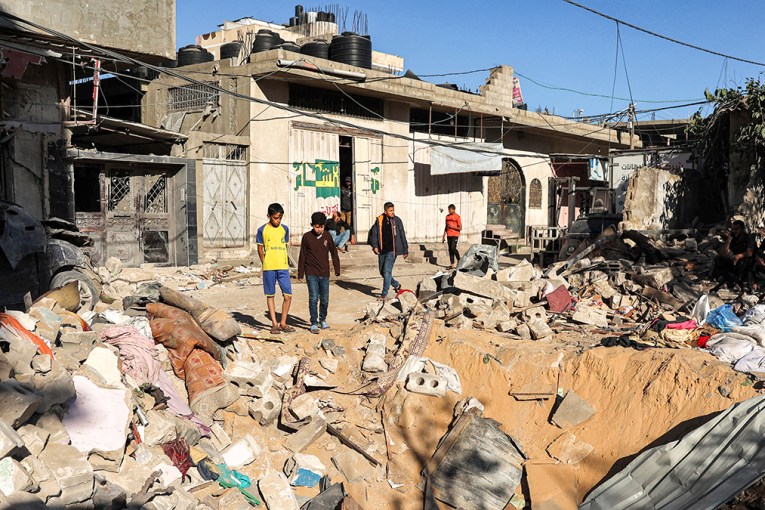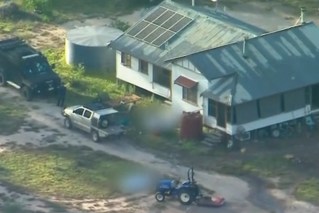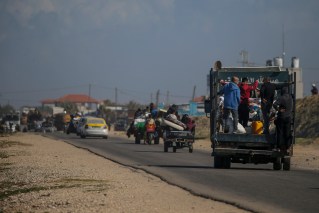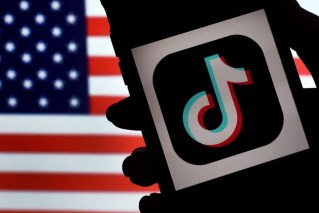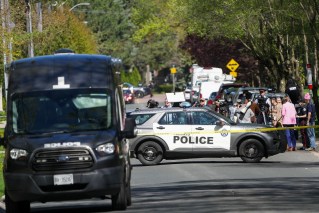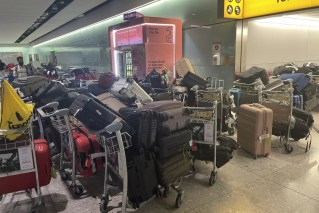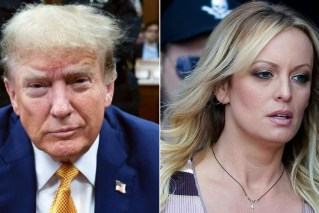Arms sales at the heart of Donald Trump’s Korea strategy, expert warns

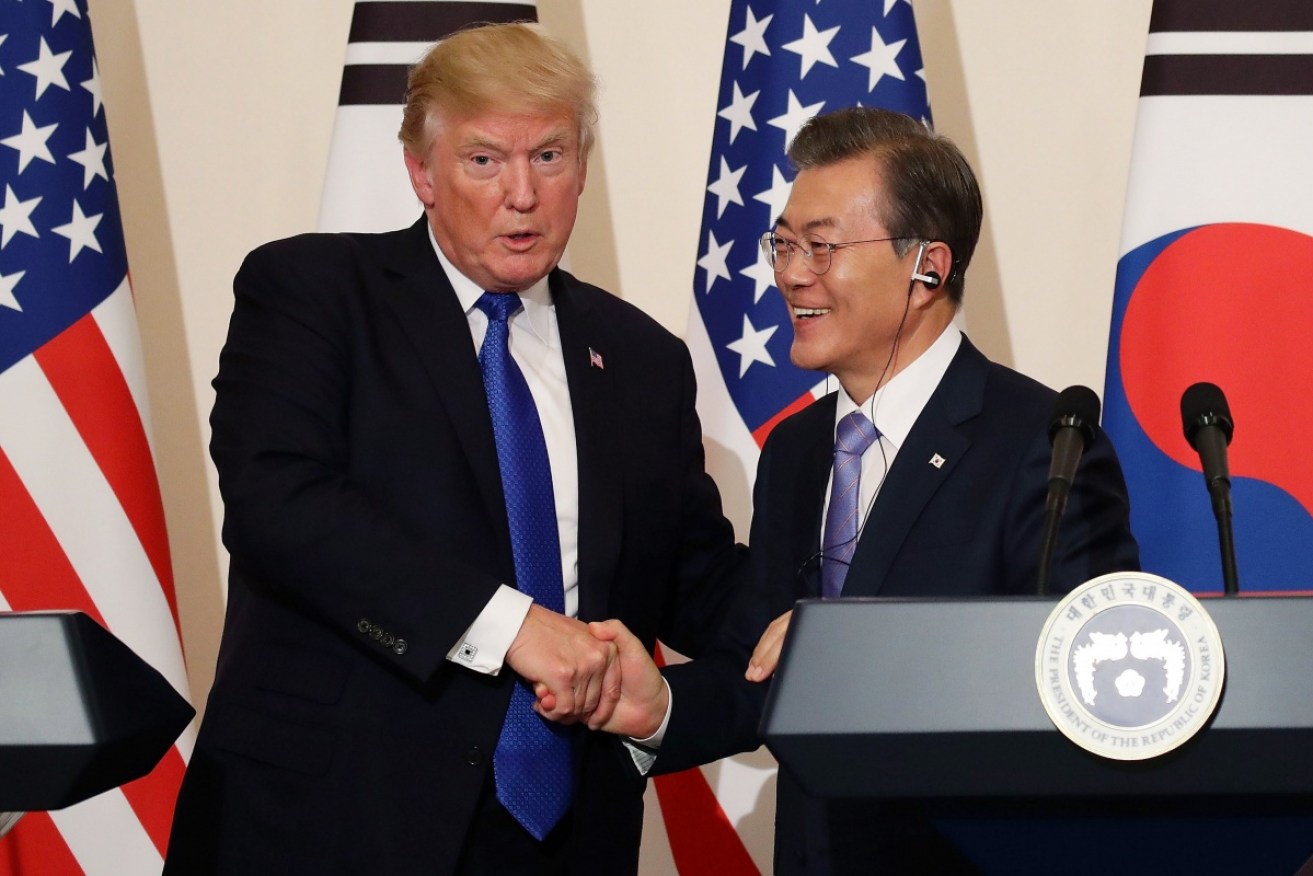
Moon Jae-in told reporters the US President deserves a Nobel prize is peace is reached. Photo: Getty
Donald Trump’s inflammatory tweet goading Kim Jong-un about his nuclear button being “much bigger & more powerful” than the North Korean leader’s, is all about money, according to a leading expert on North Korea.
In response to a New Year’s speech by Mr Kim in which he told the world that “a nuclear button is always on the desk of my office”, the US President took to Twitter on Wednesday morning to boast that his own nuclear arsenal was more destructive – and actually works.
North Korean Leader Kim Jong Un just stated that the “Nuclear Button is on his desk at all times.” Will someone from his depleted and food starved regime please inform him that I too have a Nuclear Button, but it is a much bigger & more powerful one than his, and my Button works!
— Donald J. Trump (@realDonaldTrump) January 3, 2018
The bizarre tweet appeared to be overly provocative given how moderate many elements of Mr Kim’s speech were.
While Mr Kim said “the entire mainland of the US is within the range of our nuclear weapons and the nuclear button is always on the desk of my office”, he also noted the US “should … be aware that this is not a threat but a reality”.
Mr Kim went on to express his wish for a peaceful resolution with South Korea, even suggesting opening talks with the south for the first since December 2015. He also said he was willing to send a delegation to the Winter Olympics to be hosted by South Korea in February.
Following the speech, North Korea went even further by calling a hotline to South Korea that had not been used in more than two years – a further sign of its commitment to de-escalate tensions.

Cartoon: Peter Broelman
Dr Leonid Petrov, a North Korea expert from the Australian National University, said the unnecessarily belligerent response from Mr Trump confirmed his belief that it was in the US’s economic and security interests to ramp up perceptions of tension and instability in the region.
Dr Petrov told The New Daily that an Asian region without the spectre of conflict would be one of the United States’ “worst nightmares”.
“The US is very worried about any stabilisation of the situation in Asia because the US has been selling [the notion of] security to its allies in the region for many years, and if there’s suddenly peace and prosperity in the region, there’s no need for state-of-the-art arms, defence systems and troops being supplied from the United States,” he said.
So essentially it’s all about money.”
Another key factor in Mr Trump’s continued desire to amplify the notion of an aggressive and unpredictable North Korea, was the election of a new, more conciliatory leadership in South Korea that threatens to sideline the US, Dr Petrov said.
Recently elected South Korean President Moon Jae-in heads a progressive, centre-left government keen to foster relations with both North Korea and China, and play up his country’s contempt of Japan – stemming from the nation’s controversial rule of Korea from 1910-45.
The fostering of an anti-Japan sentiment in South Korea would not only boost Mr Moon’s support at home, but also be “warmly welcomed” by both North Korea and China, bolstering the trio’s friendship and so further diluting the influence of the US in the region, he said.
The relationship between the US and South Korea was “not at its best, as was expected” of a centre-left government, Dr Petrov added.
As to whether Mr Trump’s strategy of a war of words and inflammatory rhetoric on North Korea was also a ploy to shore up support at home, Dr Petrov argued that the tactic was actually backfiring on the President.
“He actually looks silly and indecisive now,” he said. “He cannot do anything about this tiny, impoverished nation, whether it’s sanctions or bullying them, so it looks like this major ‘defection’ of South Korea [towards North Korea] will make Donald Trump look very silly.”
Dr Petrov doubted the prospect of war between the US and North Korea, claiming that Mr Kim’s declaration of its nuclear capability may ironically become a stabilising factor in the conflict, as the nations enter the realm of a “Cold War-style” stand-off underpinned by a situation of “assured mutual destruction”.
